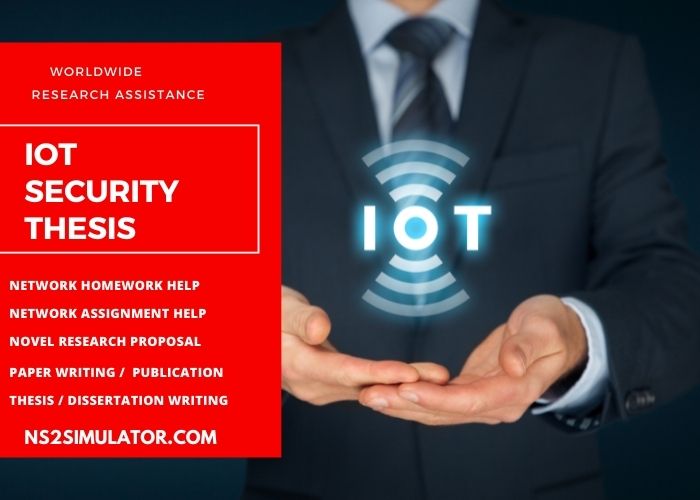Internet of things (IoT) is a system of unified network devices equipped with several technologies to collect and process data from the surrounded environment. Here, each IoT device/sensor has unique identifiers (UIDs) for individual recognition.
This page comes up with current research challenges in the Internet of Things field!!!
As a matter of fact, IoT has the support of various data transferring through a network in absence of humans. And, the main motive of IoT Thesis is to determine the communication abilities of a system with an extremely distributed, pervasive, and compact varied devices network.
Here, we have given essential entities that IoT enabled network system consists of,

Taxonomy of IoT Internet of Things
- Device Functionality
- Sensing or Actuating, Data Accumulating and Data Carrying or Storing
- Sensing Type
- Periodical based Sensing and Event based Sensing
- Criticality
- Advanced Mission and Non-Mission
- Resources Constraint
- Power and Energy
- Communication
- Wired and Wireless
- Mobility
- Mobile and Fixed
- Heterogeneity
- Proprietary and Standard
- Requirements
- Latency, Packet Loss, BER, Security, Reliability, Availability and Mobility
Next, we can see the importance of IoT architecture. Since IoT solutions are constructed with diverse components and are keen to create and deploy multiple solutions over time.
How to design the novel IoT Architecture?
- Connectivity and Communications – In IoT, the memory and power limitations of the devices prompts the simple and binary protocol requirement. However, it has the ability to connect through the gateways
- Device Management – In this, there exist several factors to manage the devices connected to the IoT application. And some of them are as follows,
- Software Updates
- Security Features
- Remote Device Management, etc.
- Data Collection Analysis and Actuation – In many IoT applications, there is a requisite of huge devices management. And with highly scalable storage system, it can manage enormous data generation.
- Scalability – The high scalable architecture is allow to deploy in cloud infrastructure
- Security – In any kind of IoT application, internet security threats must be handled
What are the technologies used in IoT?
The contributions of traditional fields enable the IoT to the next level. And few of the standard technologies are embedded systems, wireless sensor networks, control systems, automation (including home and building automation). Reach us for innovative IoT Thesis Guidance from expert panel team. Hence, the designation of the IIoT has advanced due to the merging of multiple technologies.
- Embedded Systems
- Machine Learning
- Analytics of Real-Time System
- Single/Multi-Commodity Sensors
So far, we have debated the theoretical aspects of IoT with detailed explanations during our PhD Guidance in Internet of Things IoT Thesis. Now let’s see about the upcoming research problems in the IoT field that we are currently handling.
Research Challenges in IoT Thesis
- Dynamic – Variance in up and down times which makes the devices connected and/or disconnected to a service in dynamic way
- Interoperability – Devices are allowed to communicate with one and all in regardless of diverse architecture and technologies. And also, it enables the network availability and compatibility for applications and services ease
- Scalability – Based on the application purposes the devices are connected to one another. Here, the range may applicable from small number of devices scale to large number of devices scale
- Heterogeneity – Devices are dissimilar due to difference in technology platforms and network infrastructure
More than this, there are various research ideas available in this Wban IoT field. Since it involves a lot of tools and different kinds of devices. If you are in search of the best PhD Guidance in Internet of Things, you can connect with us. For add-on research awareness, we have listed few more IoT Thesis Topics.
What kind of things best describe the Internet of things?
- System Software
- High level APIs
- Containers
- Interoperability
- Distribution of Workload
- Management of Resource
- Computation Offloading
- Peripheral Design
- Integrated Data Collection with Computing Technologies
- Low Power and Energy Sensor Design
- Privacy
- Confidentiality
- Data and Network Security
- Communication
- Low Power or Energy
- Network and Traffic Management
- Hardware Modules
- Balancing of Load
- High Bandwidth Communication Protocols
- Analytics
- Smart Data,
- Storage and Analysis
- Management
- Acquisition
- Filtering
- Sampling
- Smart Data,
- Processor Design
- Dedicated Hardware Design
- Low Power and Energy Processor
- Custom Accelerator
Further, if you want to know more about the research ideas in the Internet of Things, then make a bond with us. We are glad to share our thought-provoking IoT Thesis Topic ideas with you. Also, we will give you step-by-step PhD Guidance in Internet of Things under our expert’s direction.

